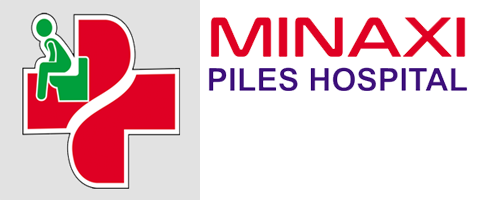Some foods can help in the prevention of symptoms.
Foods to eat that may provide symptom relief (home remedies and others) for some people:
- Dietary fiber supplements
- Water
- Low-fat foods
- High-carbohydrate foods (such as whole wheat pasta, brown rice, and whole grain breads)
- Probiotics (containing Lactobacillus acidophilus a and Bifidobacterium) and prebiotics
Some people report kefir or Aloe Vera juice helps symptoms. Talk to a doctor about these home remedies.
A high-fiber diet may help relieve constipation in some cases of IBS, but it may also worsen some symptoms such as bloating and gas. The current recommended daily fiber intake is 20-35 grams daily. Most people fall short of this daily fiber intake and can benefit from a small increase in fiber, but it is best to increase the amount in your diet slowly to reduce gas.


